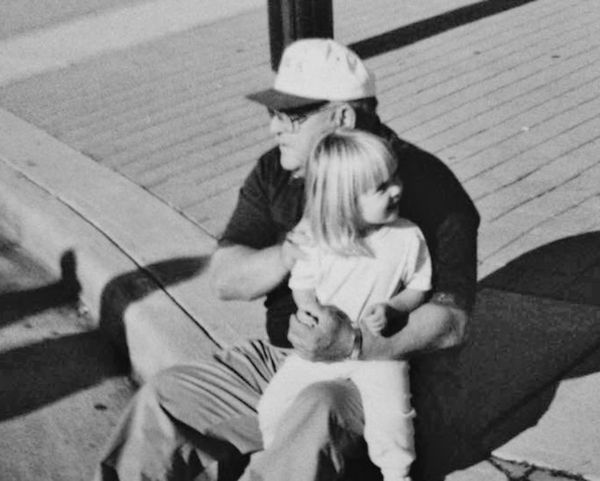Cancer.
We constantly hear that word, therefore, we have become somewhat familiar with the cruel disease. A teacher at your school is fighting the disease, your family friend just got diagnosed with cancer or maybe even someone you work with is struggling with the disease within their family. You constantly hear about it but you never understand the harsh reality or of it until you hear that someone in your family has cancer.
Sure, I have dealt with cancer personally in my life, and it was an extremely difficult experience. But, nothing hurts more than hearing your parent has been diagnosed with a common cancer that has killed countless people. As your parents sit you down or your sister gives you the call, you automatically assume the worst, making it a harder experience for yourself. You spend countless nights lying awake, ignoring calls and messages, and taking long drives to clear your racing mind. Maybe, you even bother to ask God why your parent was chosen. You cannot focus in between appointments, as you think about what the doctor is going to say next. You prepare for the treatment that may consist of chemotherapy or surgeries and then the monthly to yearly checkups, if you are lucky to still have them.
Nothing or no one prepares you for that hardship. No matter how many times you have been hurt by others in the past, you will experience a different pain. That pain comes from watching a strong, independent loved one feeling deep pain by something that is not in your control and never will be. Something that could potentially take their life. And all you can do is watch. From being an independent human to a dependent one, all within weeks or months is difficult to watch, as it is difficult for them to accept that and depend on others.
Watching not only a father figure, but my actual father fight cancer at an old age has taught me such important lessons. I would have never thought I would have learned these lessons by having a parent fight cancer.
The first lesson is to respond to your body’s changes. If you notice a change, go to the doctor and be persistent with them until you get a true answer and are feeling better. Please, do not be stubborn or ignore those changes.
The second lesson is not putting off things that make you happy. Life is too short to constantly worry about money or the “right time”. Go cross things off your bucket list because you really never knowwhen you will no longer have the chance to. You will regret it so much when your time has come and you never visited your family or took a specific trip.
The third lesson is to let your loved one deal with cancer the way they want to. Open your ears and listen to them. Don’t tell them to do more to do less; let them make those decisions.
The fourth lesson is to be there for your loved one, no matter what you have going on. Take an active role in taking care of your loved one. Sit by their bedside at the hospital. Sit on the couch while they are recovering from surgery at home. Go to their doctor appointments with them. It all makes a difference in your loved one’s life.
The fifth lesson is to be positive. I know it is hard to look for the positive in a disease as unfair and painful as cancer can be but you never know what can come from that disease. The disease affects everyone so differently. Watching someone fight the disease can cause you to be closer to loved ones, not take as much for granted and live life to the fullest. After all, good things can come from bad (if you allow it).
The last lesson I learned is that you do not tell someone you understand how they are feeling, especially if you have never experienced it yourself. People will suffer and they will suffer differently. Let them. Some people heal quickly while others take years to a lifetime and once again, let them.
So, next time you hear that a loved one has been diagnosed with cancer, always be there for them and allow yourself to be changed along the way.


















